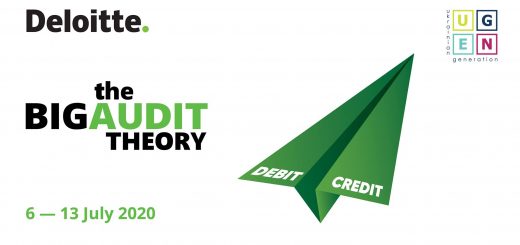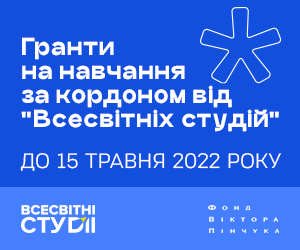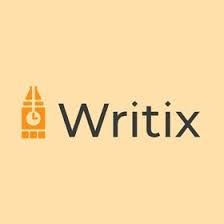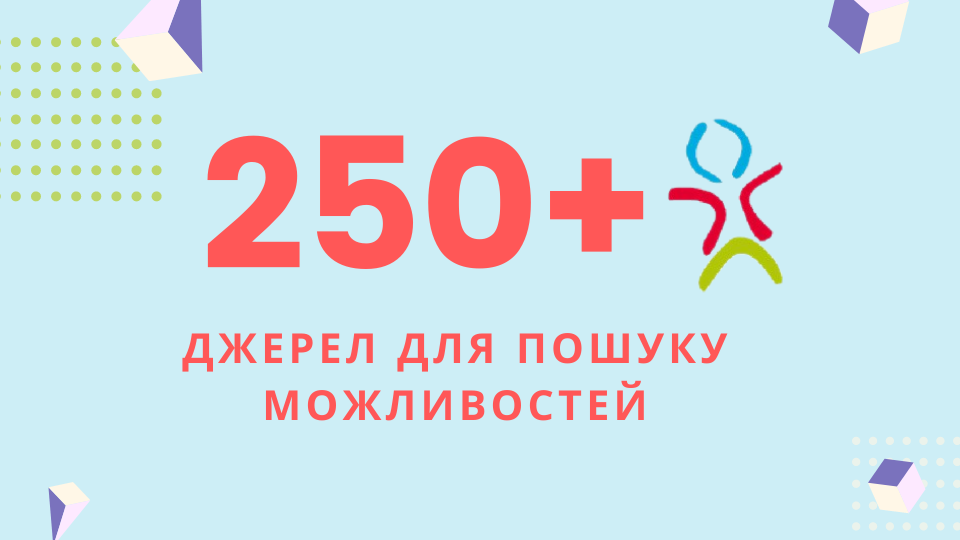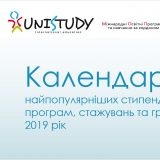Європейська літня школа “Prejudice, Genocide, Remembrance”
Ключові теми школи – старі та нові упередження, радикалізація, права людини.
Дати: 26 червня – 2 липня 2016 року.
Місце: Будапешт, Угорщина.
Дедлайн: 11 березня.
Детальний опис англійською:
The Tom Lantos Institute (Budapest) and the Eötvös Loránd University Faculty of Education and Psychology (Budapest) are organising the third European Summer School on “Prejudice, Genocide, Remembrance” for 25 participants from the Council of Europe member countries. This year the summer school will pay particular attention to old and new prejudices, radicalisation and the role of human rights in preventing and countering prejudices. This course is primarily intended for practitioners (civil servants, educators, journalists, members of religious groups) who would like to strengthen their theoretical framework and enrich their work through engaging in discussions with experts and peers alike.
The summer school embraces a holistic and multidisciplinary approach to human rights and Holocaust education, with speakers and lecturers coming from the fields of political science, human rights, social psychology, education, art history and journalism. It situates prejudice and genocide in the context of human rights and democratic values, and invites participants to reflect on, and discuss issues such as antisemitism, antigypsyism, the Roma Holocaust, competitive victimhood, memory politics and reconciliation. One objective of the course is to develop an understanding of the ways collective memories of traumatic past events shape inter-community relations in the present. Furthermore, it encourages participants to look critically at existing narratives and draw on alternative discourses, with the aim of unearthing silenced and new voices.
The course offers a platform for practitioners to share their experiences, thoughts and questions on sensitive issues, enabling an open discussion with their peers while acknowledging and respecting differences of opinion. This school combines academic lectures with discussions and workshops, as well as thematic walks, visits and meetings in Budapest. With a practice-oriented and forward-looking approach, it encourages participants to question their own frameworks while exploring new perspectives and potential opportunities for the future.
Lectures and workshops include:
- Prejudice, scapegoating, radicalisation;
- The concepts of genocide and the comparison of genocides;
- The Roma Holocaust and resistance;
- Old and new antisemitism; antigypsyism and the responsibility of media;
- Human and minority rights, human rights education;
- Victimhood, reconciliation, and dynamics of remembrance.
In addition, the programme proposes activities such as thematic interactive walks in Budapest, meetings with local civil society actors, visits to museums and memorials.
Fees and financial support
There is no participation fee. Lunch is covered by the organisers.
10 scholarships are offered by the Tom Lantos Institute for applicants from the member states of the Council of Europe. Scholarships cover accommodation and travel costs (except airport transfer and visa fees). More details will be provided to successful applicants.
To apply, fill in the application form, save it with the following name: 2016PGR_[lastname_firstname], and submit it to applications@tomlantosinstitute.hu. Please do not send any other documents. Late or incomplete applications will not be considered. The deadline for application is Friday 11 March 2016, 10am CET. Applicants will be notified within 15 days.
Who should participate?
- Educators working in formal and non-formal settings (secondary and higher education);
- Civil servants, decision-makers and public officials dealing primarily with education policies, human and minority rights, and other related policy fields;
- Journalists;
- Active members of religious groups.
A good command of English is required. Participants are expected to actively contribute to discussions during sessions and will be assigned a group work (e.g. lesson plan, article, activity plan, etc.) which they will present at the end of the summer school.



